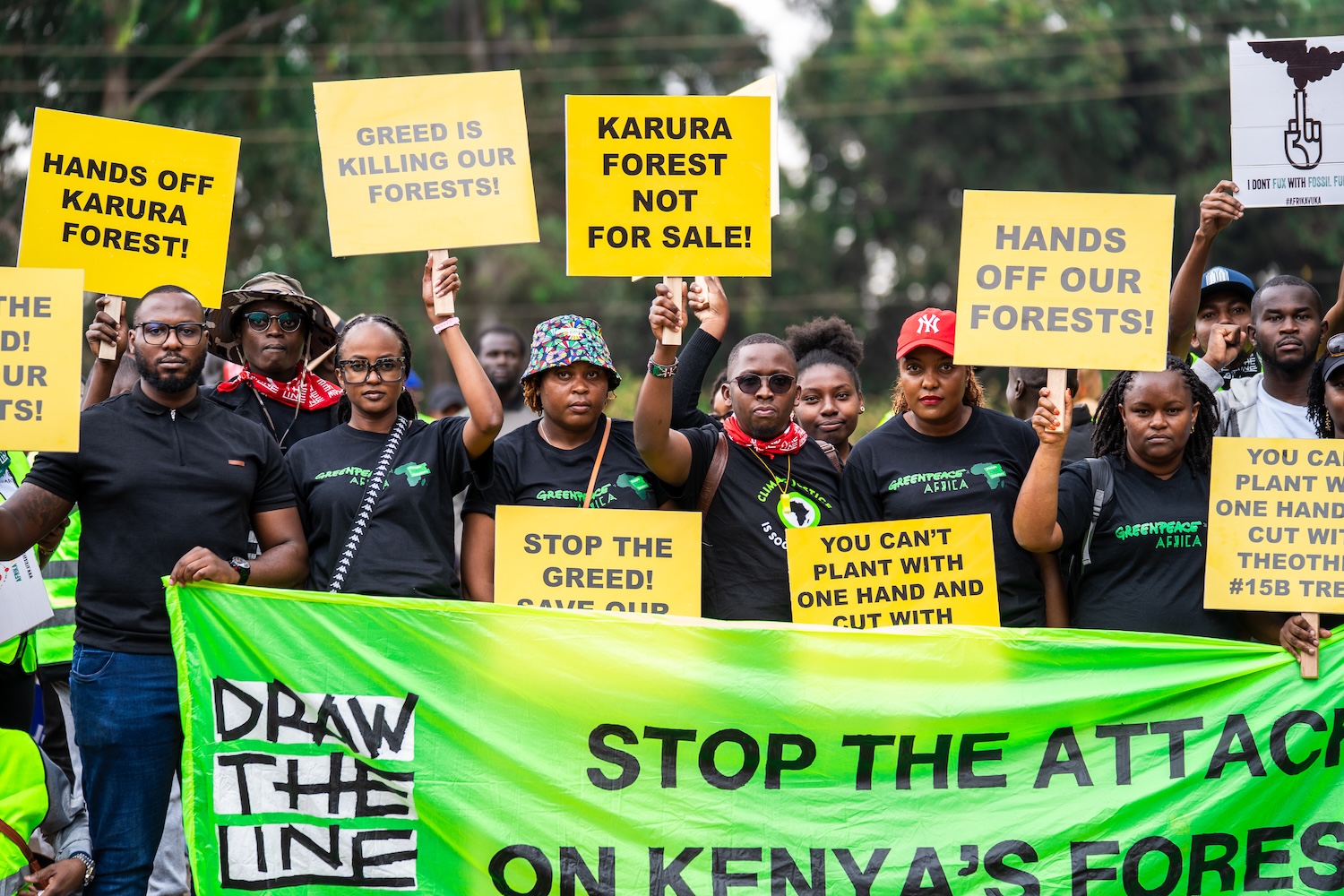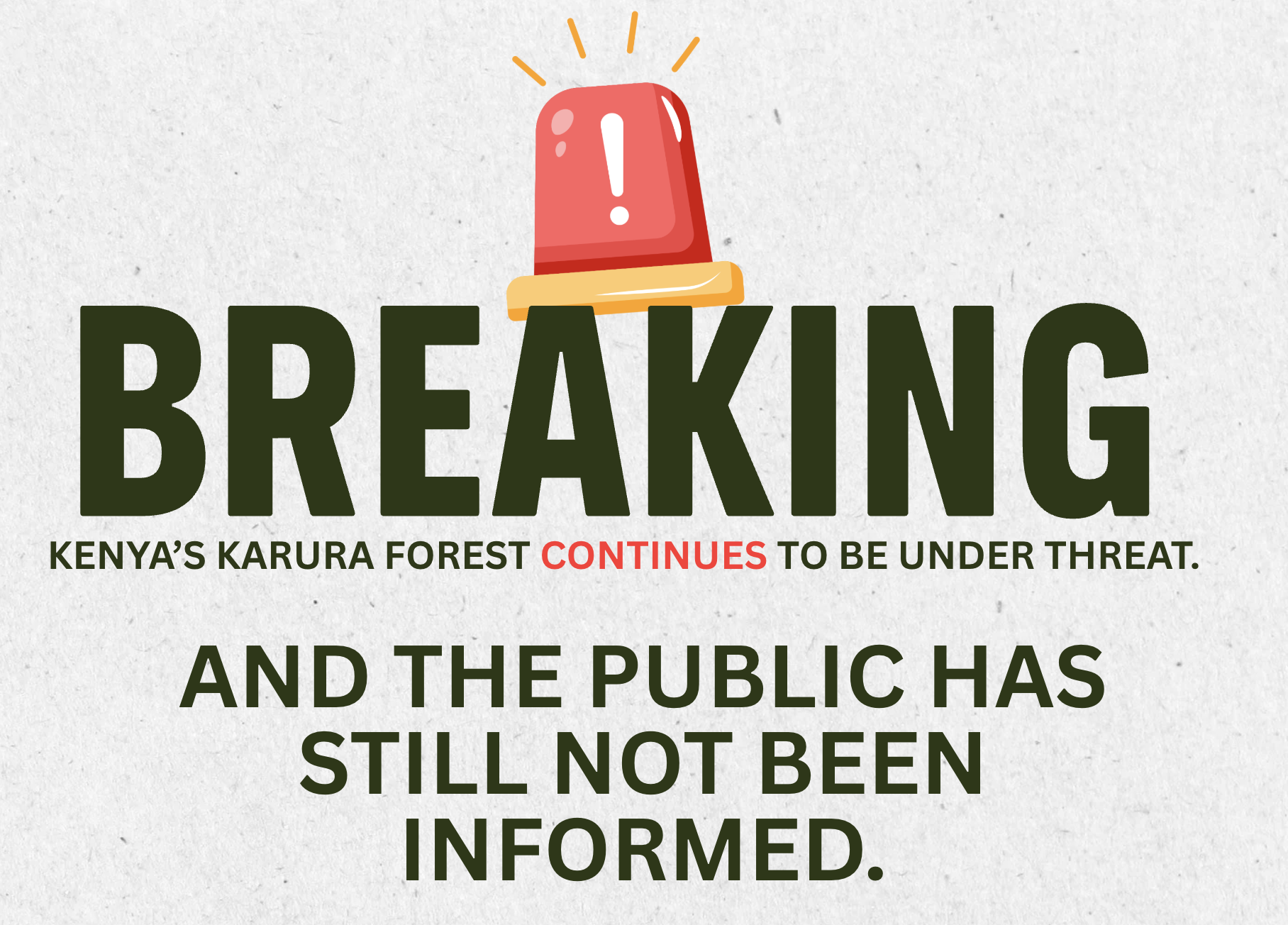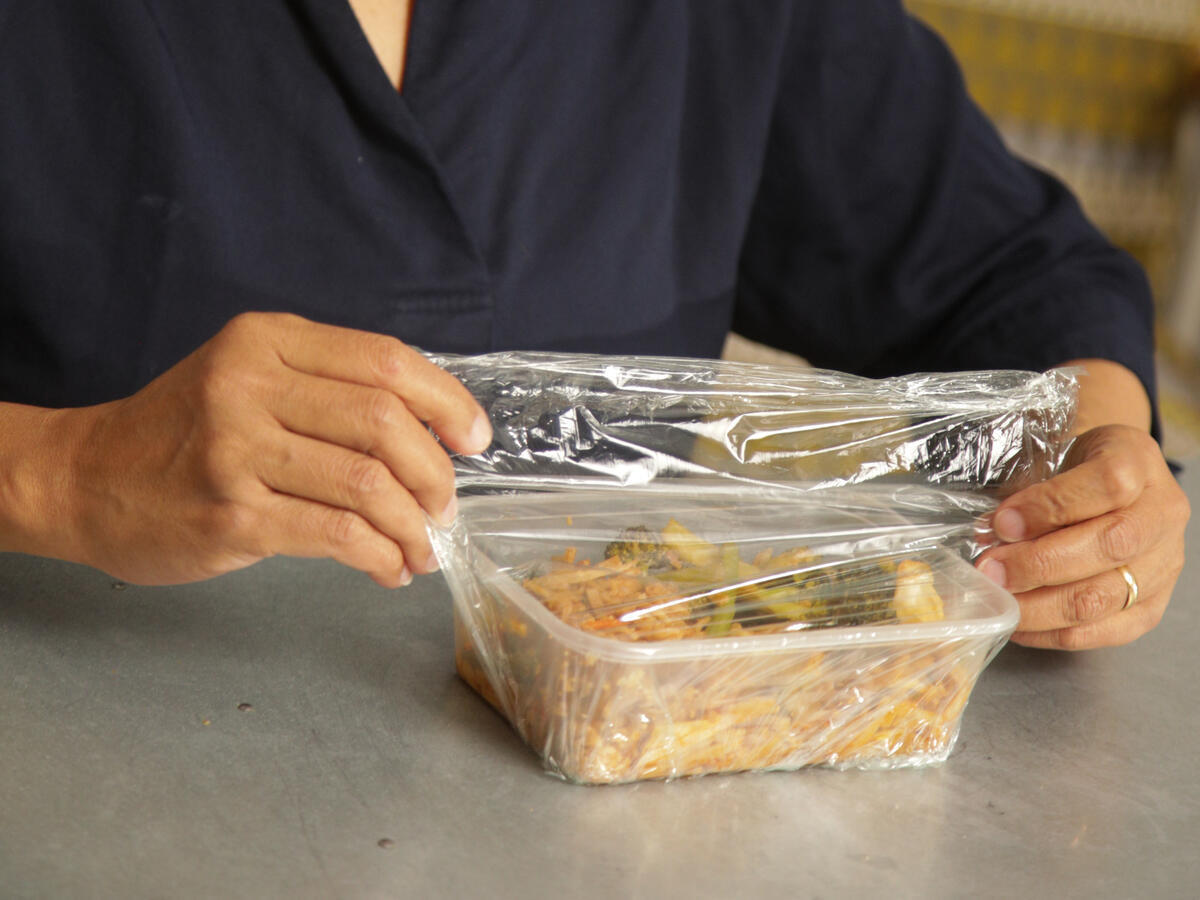Geneva, Switzerland – After two years of Global Plastics Treaty talks, ministers in Geneva faced a historic choice during the final hours of what was supposed to be the last round of negotiations: deliver a treaty that truly tackles plastic pollution, or give into the petrochemical industry’s lobbying. The negotiations concluded in a stark divide: a substantial coalition of forward-thinking nations advocating for essential cuts to plastic production faced obstruction from a small bloc of petroleum-dependent states, who successfully prevented consensus despite representing a minority position.
Hellen Kahaso Dena, Greenpeace Africa’s Pan-Africa Plastics Project Lead said:
“As governments put their political and economic interests before people and the planet, the planet burns, our oceans choke and our children breathe, drink and eat microplastics. This delay allows polluters to continue flooding the world with plastic, while frontline communities face the dire consequences of this crisis.
The opportunity to secure a plastics treaty that protects our health, biodiversity and climate is still within reach. Member states need to up their game, step up with courage and deliver a treaty that cuts plastic production to alleviate our communities from the detrimental impacts of plastic pollution.”
Graham Forbes, Greenpeace Head of Delegation to the Global Plastics Treaty negotiations and Global Plastics Campaign Lead for Greenpeace USA, said:
“The inability to reach an agreement in Geneva must be a wakeup call for the world: ending plastic pollution means confronting fossil fuel interests head on. The vast majority of governments want a strong agreement, yet a handful of bad actors were allowed to use process to drive such ambition into the ground. We cannot continue to do the same thing and expect a different result. The time for hesitation is over.
“The plastics crisis is accelerating, and the petrochemical industry is determined to bury us for short-term profits. Now is not the time to blink. Now is the time for courage, resolve and perseverance. The call from all of civil society is clear: we need a strong, legally binding treaty that cuts plastic production, protects human health, provides robust and equitable financing, and ends the plastic pollution from extraction to disposal. And world leaders must listen. The future of our health and planet depends on it.”
This impasse underscores the ongoing tension between urgent environmental imperatives and entrenched fossil fuel interests in global plastic policy discussions. Despite today’s setback, the path forward is clear: we must mobilise unprecedented public pressure on obstructionist governments, amplify the voices of frontline communities suffering under plastic pollution’s toxic burden, and build unwavering political resolve among champion nations to secure a treaty that finally puts planetary health above petrochemical profits.
ENDS
Contacts:
Ferdinand Omondi, Communication and Story Manager, Greenpeace Africa, [email protected], Cell: +254 722 505 233
Greenpeace Africa Press Desk: [email protected]



